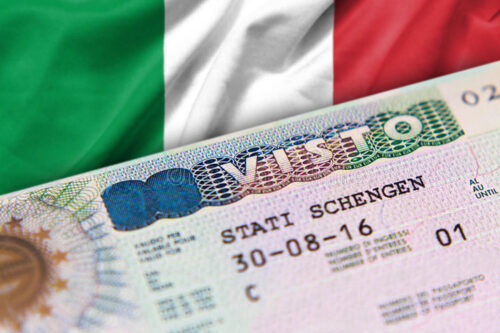The Schengen visa is an arrangement between 25 member countries (22 EU states and 3 non-EU members) to make traveling in the Schengen territory much easier and less bureaucratic. It is an area without internal borders, an area within which many citizens, many non-EU nationals, business people and tourists can freely circulate without being subjected to border checks.
Traveling on a Schengen visa means that the visa holder can travel to any (or all) Member States using one single visa, thus avoiding the hassle and expense of obtaining individual visas for each country. This is particularly beneficial for persons who wish to visit several European countries on the same trip. The Schengen visa is a visitor’s visa, so the purpose of the visitor must be leisure, tourism or business.

